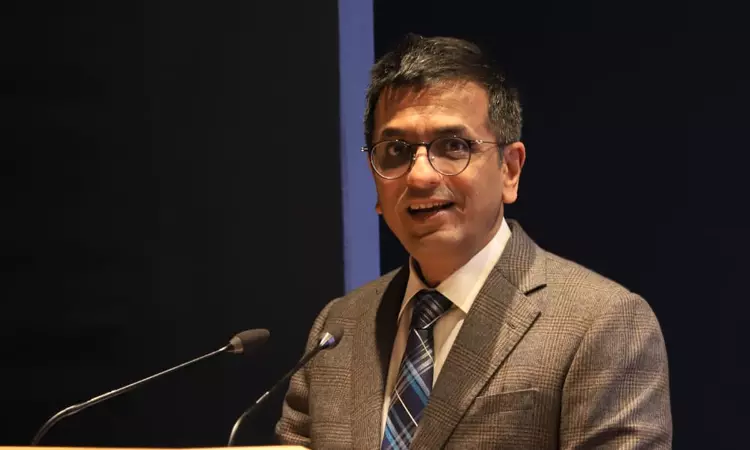In a commemorative event marking the centenary of Dr. B.R. Ambedkar's law practice, Chief Justice of India DY Chandrachud pointed out the challenges faced by individuals from marginalised backgrounds in the legal profession. “They don't have social, or cultural capital or access to resources. Example- Coaching centres", he said. Pointing out that people from marginalised backgrounds are...

